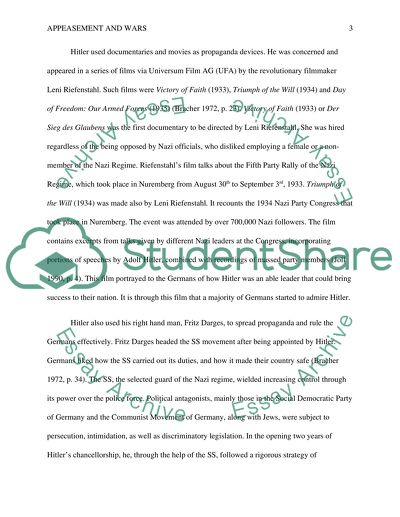Cite this document
(“Appeasement and wars Essay Example | Topics and Well Written Essays - 1750 words”, n.d.)
Appeasement and wars Essay Example | Topics and Well Written Essays - 1750 words. Retrieved from https://studentshare.org/history/1459424-appeasement-and-wars
Appeasement and wars Essay Example | Topics and Well Written Essays - 1750 words. Retrieved from https://studentshare.org/history/1459424-appeasement-and-wars
(Appeasement and Wars Essay Example | Topics and Well Written Essays - 1750 Words)
Appeasement and Wars Essay Example | Topics and Well Written Essays - 1750 Words. https://studentshare.org/history/1459424-appeasement-and-wars.
Appeasement and Wars Essay Example | Topics and Well Written Essays - 1750 Words. https://studentshare.org/history/1459424-appeasement-and-wars.
“Appeasement and Wars Essay Example | Topics and Well Written Essays - 1750 Words”, n.d. https://studentshare.org/history/1459424-appeasement-and-wars.


